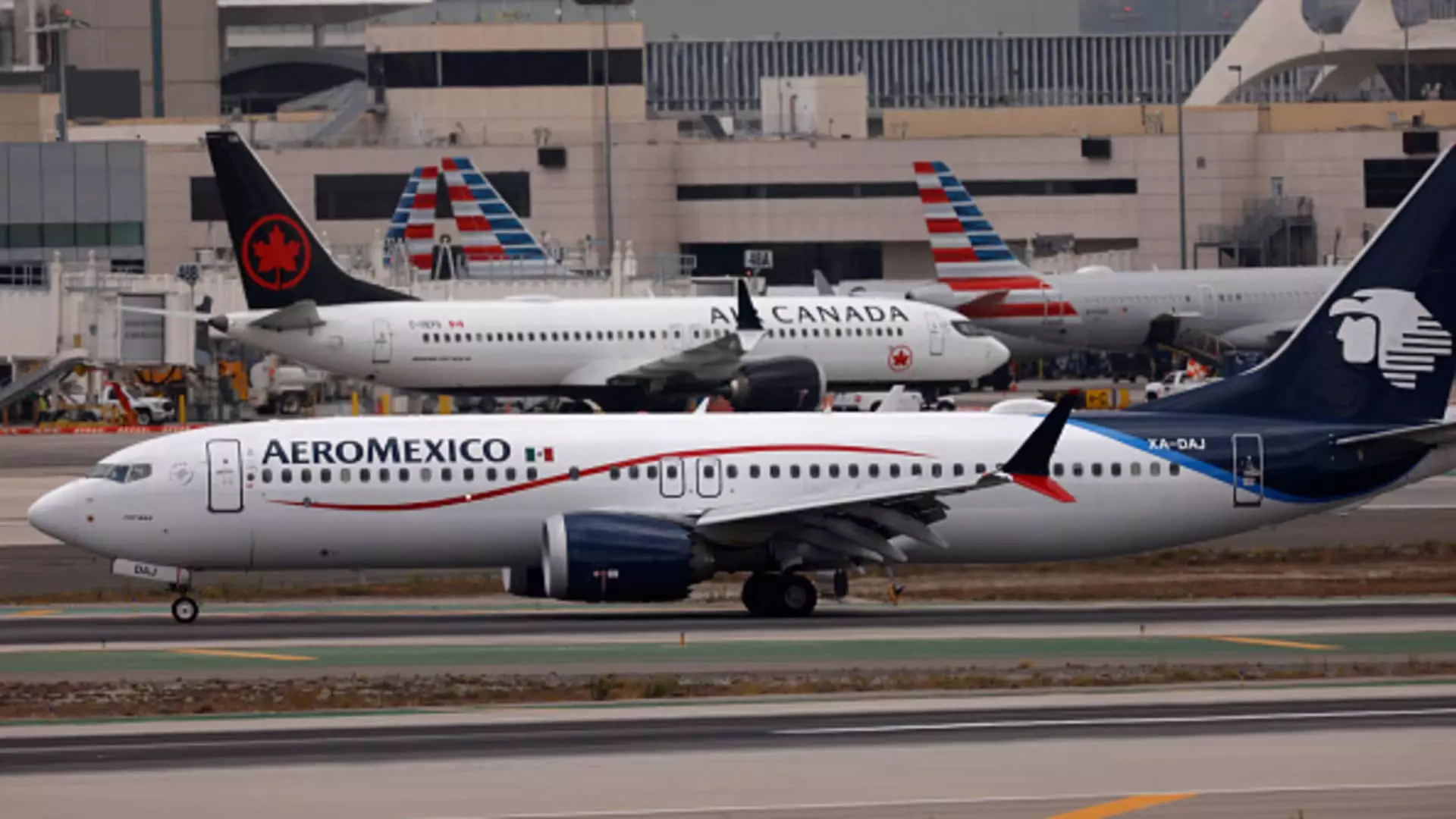The recent decision by the Biden administration to dissolve a nearly decade-old joint venture between Delta Air Lines and Aeromexico signals more than just a regulatory shift; it marks a pivotal moment in the ongoing battle over market dominance, consumer choice, and international competition. The Transportation Department’s rationale hinges on alleged anticompetitive effects, claiming that the partnership affords unfair advantages and threatens a healthy, competitive landscape. However, such actions warrant scrutiny. Is this a genuine attempt to foster fair play, or does it risk undermining economic benefits, consumer convenience, and broader connectivity between the U.S. and Mexico?
This move underscores the complex interplay between regulation and commerce. While safeguarding competitive markets is crucial, overly aggressive intervention can inadvertently stifle beneficial collaborations that have historically expanded consumer options and bolstered economic activity. The assertion that the joint venture hampers competition, leading to “unacceptable harm,” may overlook the nuanced reality: partnerships like these often facilitate more seamless travel, better pricing, and improved service between nations, benefiting millions of travelers annually.
The Economic and Social Toll of Disruption
Delta and Aeromexico’s joint venture, initiated in 2016, was more than a partnership—it was a catalyst for economic growth. Both airlines argued that their collaboration contributed approximately $310 million to the U.S. economy, supporting jobs and communities on both sides border. The administration’s decision threatens to undo this synergy, risking job losses, reduced service, and higher prices for consumers who rely on affordable, direct flights between the U.S. and Mexico.
Furthermore, the move could inadvertently pave the way for market consolidation among larger carriers that may not have the same incentive to prioritize competitive prices or service quality. Dismantling such collaborations can lead to a less dynamic and innovative industry, ultimately disadvantaging consumers and small businesses that depend on affordable international travel and logistics.
Is This a Step Towards Better Competition or a Self-Serving Move?
Critics might argue that the Department’s actions reflect a broader effort to protect U.S. markets from perceived unfair advantages held by foreign airlines, particularly large players like Delta. Yet, it is also essential to consider whether strict regulation fuels protectionism rather than fostering true competition. Airlines and industry stakeholders have contended that their joint venture fostered economic benefits and enhanced connectivity—a vital consideration given the importance of U.S.-Mexico relations.
The decision’s timing and reasoning also raise questions about the broader strategy behind U.S. trade and transportation policies. Is this a move to create a more level playing field, or is it an overreach driven by protectionist instincts that could hamper the very growth and innovation that international partnerships can enable?
In essence, this episode exemplifies the delicate balance regulators must strike: encouraging fair competition without strangling the integrative and mutually beneficial collaborations that have driven international travel and commerce forward. The future of U.S.-Mexico air travel hangs in the balance, and whether this dismantling proves to be a catalyst for more equitable competition or a setback for economic growth remains to be seen.


Leave a Reply